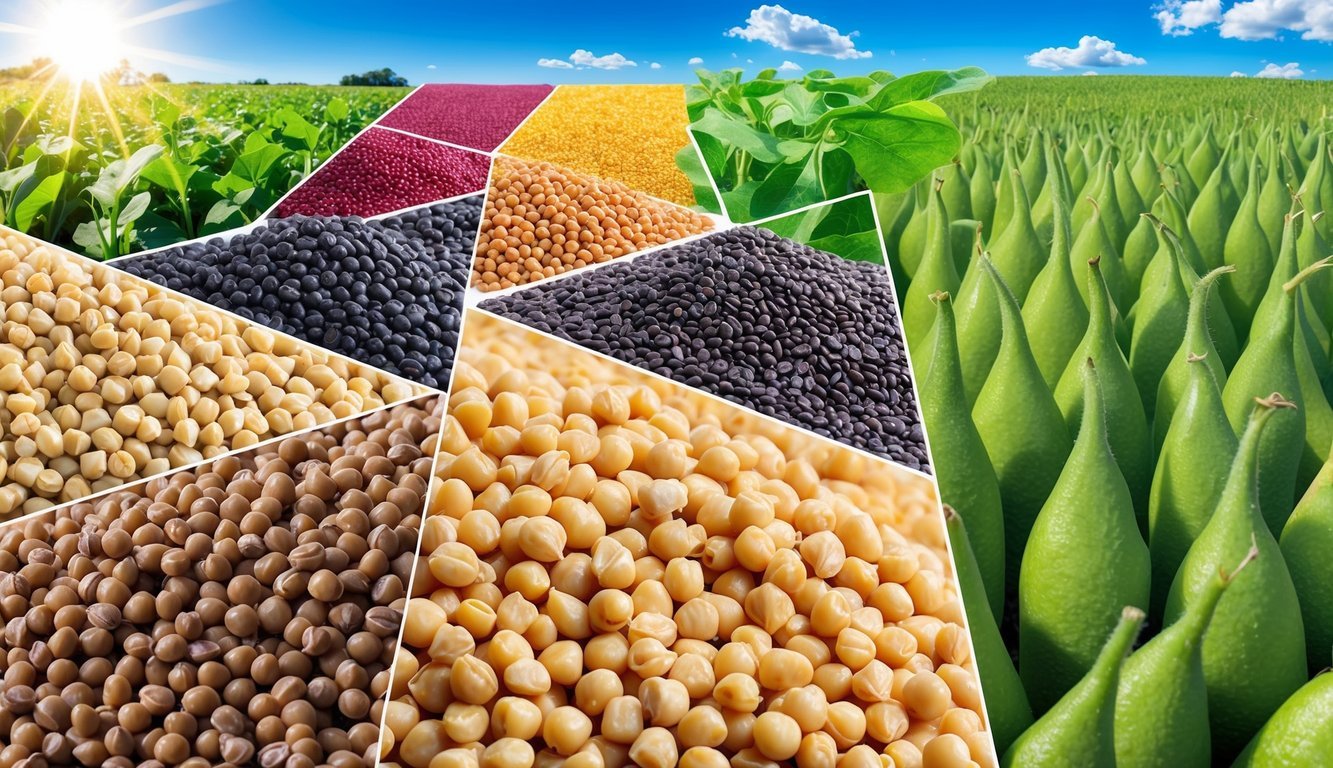
Project Overview
A groundbreaking project led by Professor Mecit Halil Öztop and his team of Turkish researchers from Middle East Technical University (METU) has secured funding through the Horizon Europe initiative. This initiative aims to develop innovative, plant-based alternative proteins.
The project, known as APRISE, stands out as one of only 13 proposals selected from a highly competitive field of 117 entries under the WIDERA ERA Talents call. This achievement marks a significant milestone for METU, as it is the first time the university is taking the lead within the Horizon Europe framework.
Research Focus and Collaboration
Over the next four years, APRISE will focus on extracting new protein sources from key Turkish crops, such as chickpeas, lentils, and various legumes. These proteins are poised to be used in a variety of products, including dairy substitutes and convenient ready-to-eat meals.
With an overall project budget of nearly €3 million, METU will receive approximately €654,000 to contribute to this important research. The effort involves 18 partners from 11 different European nations, working collaboratively to reduce the reliance on animal-based food sources worldwide. The initiative also aims to tackle the shortage of researchers specializing in alternative proteins within Turkey.
Regulatory Context and Future Directions
This announcement coincides with Turkey’s recent introduction of its first labeling regulations for vegan and vegetarian products. Under the new guidelines, terms like “vegan burger” can be used, while strict rules prohibit labeling dairy alternatives as “milk.”
Professor Öztop expressed his excitement about leading this important project. He emphasized the initiative’s dedication to fostering expertise in sustainable food production and discovering new protein sources for product innovation. As the project progresses, he looks forward to sharing updates on their findings and developments.
Source: Vegconomist

